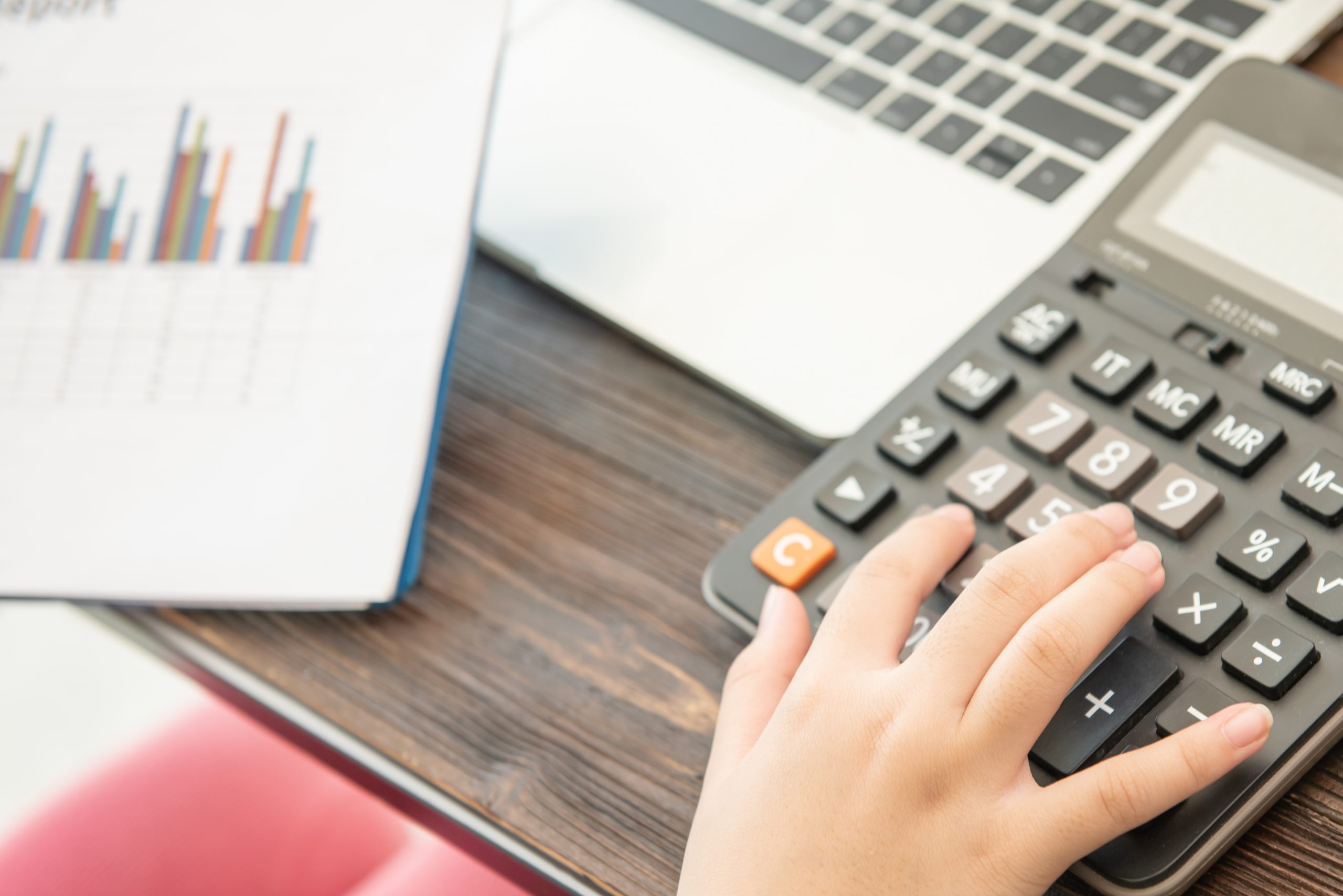By Ng Kean Wai, Lecturer, School of Business
The Emergence of IR 4.0
Technological advances have greatly changed the way people do business. Production methods and business operations are improving with the help of technology. This scenario is also called the Fourth Industrial Revolution. The evolution from the first Industrial Revolution to Industry 4.0 has created new production technologies for businesses to create better value for their customers. Management accounting and Management Accounting (MA) practices are being transformed in response to this latest industrial revolution. This article focuses on the changes in MA practices in IR 4.0.
One of the results will be the emergence of the “digital twin” in manufacturing processes. It refers to better and more effective product design optimisation, which allows new ways to make the best and most use of product design and functionality. Businesses are now able to produce their goods digitally with artificial intelligence, machine learning, advanced analytics, and other advanced technologies. This allows companies to do faster prototyping than with physical items and experiment with new designs cost-effectively.
How does IR4.0 Impact Accountancy?
There is a report published by Lucy (2018) about what accountants have learnt in the 4th Industrial Revolution. It mainly discusses how accountants can leverage technology to drive business success and benefit from cloud systems to make better investment decisions using advanced IR4.0 technology.
A key value of technological development is the replacement of the slow manual manufacturing process. This has changed MA practices especially the assignment of cost into a product. It also enables management accountants to focus more on strategic decisions rather than operational decisions. Not only that, cloud technology has decreased the infrastructure support costs significantly in a company. The emergence of new technology forces management accountants to analyse and study new cost drivers into products as major direct costs are replaced by advanced technology.
Changes in MA Practices
Management accounting is the process of preparing management reports that provide accurate and timely financial and statistical information to assist in management decision making. Management accounting practices are used by organisational managers at various levels and at the same time, it gives managers freedom of choice as there are no constraints other than the cost of information collected relative to the benefits of improved management decisions.
Sudhashini & Yee (2017) have indicated that factors of advanced production technology may affect management accounting practices. In the manufacturing system, the process of production will decide the practice of the costing system used in a company. In other words, the evolution of IR will affect the design of the costing system for the production process. The technology is reflected in the stage of the manufacturing process which is electronics and automation. The acceptance of contemporary MA techniques has a widespread effect on all organisational structures.
The following examples of changes in MA practices were identified by Rewan (2019):
- Expansion from product to channel and customer profitability analysis explores that MA must help the sales and marketing functions.
- The shift to predictive accounting exhibits a fundamental transition from MA for reporting costs and profits to managerial economics for decision support and analysis that have an effect on the future.
- Business analytics embedded in enterprise performance management (EPM) methods recognises that progressive accounting functions now realize that competency and capabilities with analytics provide a competitive edge.
- Coexisting and improved MA methods demonstrate that the more progressive chief financial officers and their MA staff are considering the range of needs of different types of managers in their organisations.
- Managing information technology and shared services as a business enlightens MA to assist inside records, technological know-how and shared services to be managed as a business.
- The need for better capabilities and competencies with behavioural cost management requires change agents.
The Future of Management Accounting
On top of that, management accountants must find ways to live with technology innovation. While every production process is transformed through IR 4.0, MA practices should be transformed from history-based temporary planning and control to future-oriented strategic planning and control.

